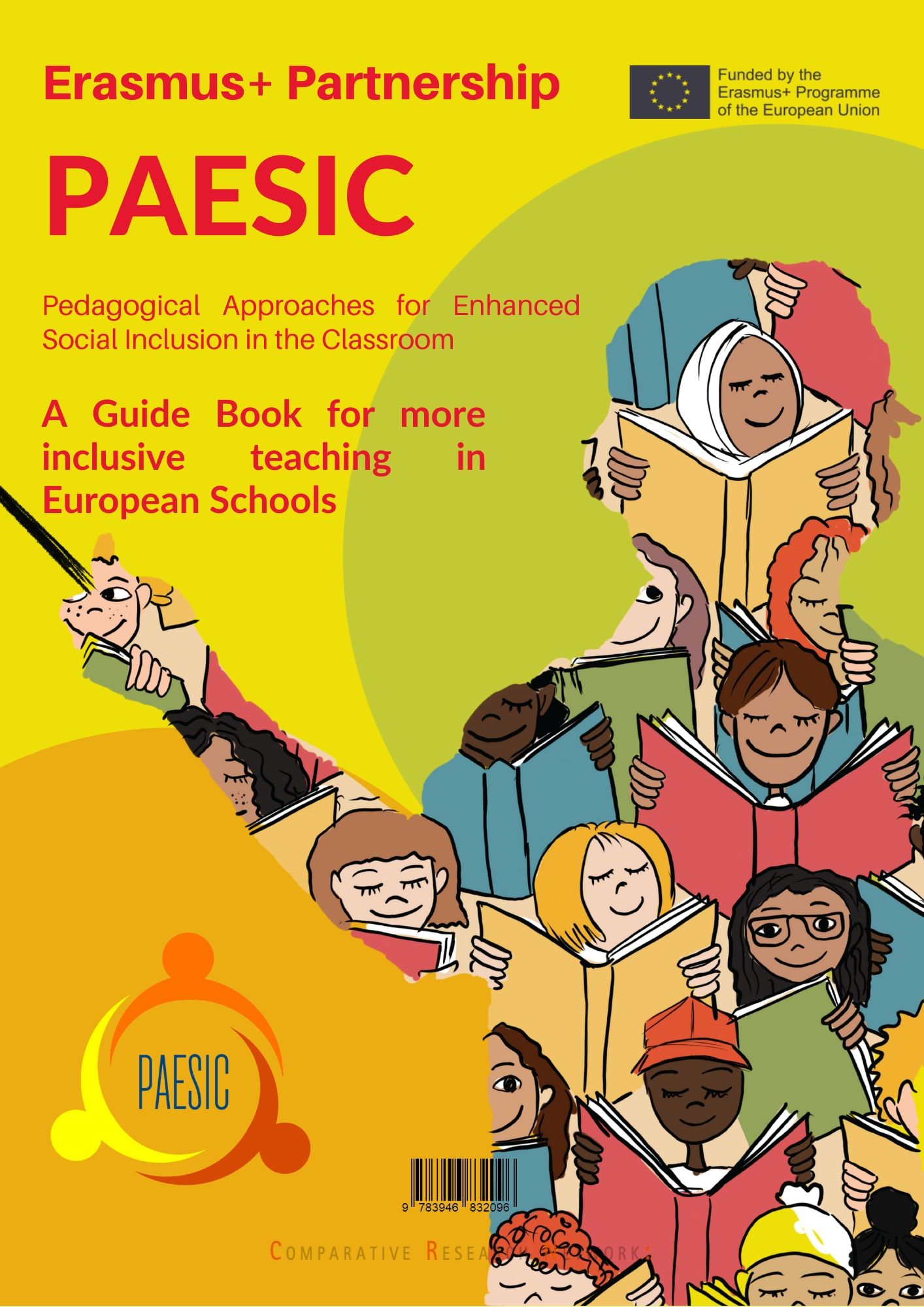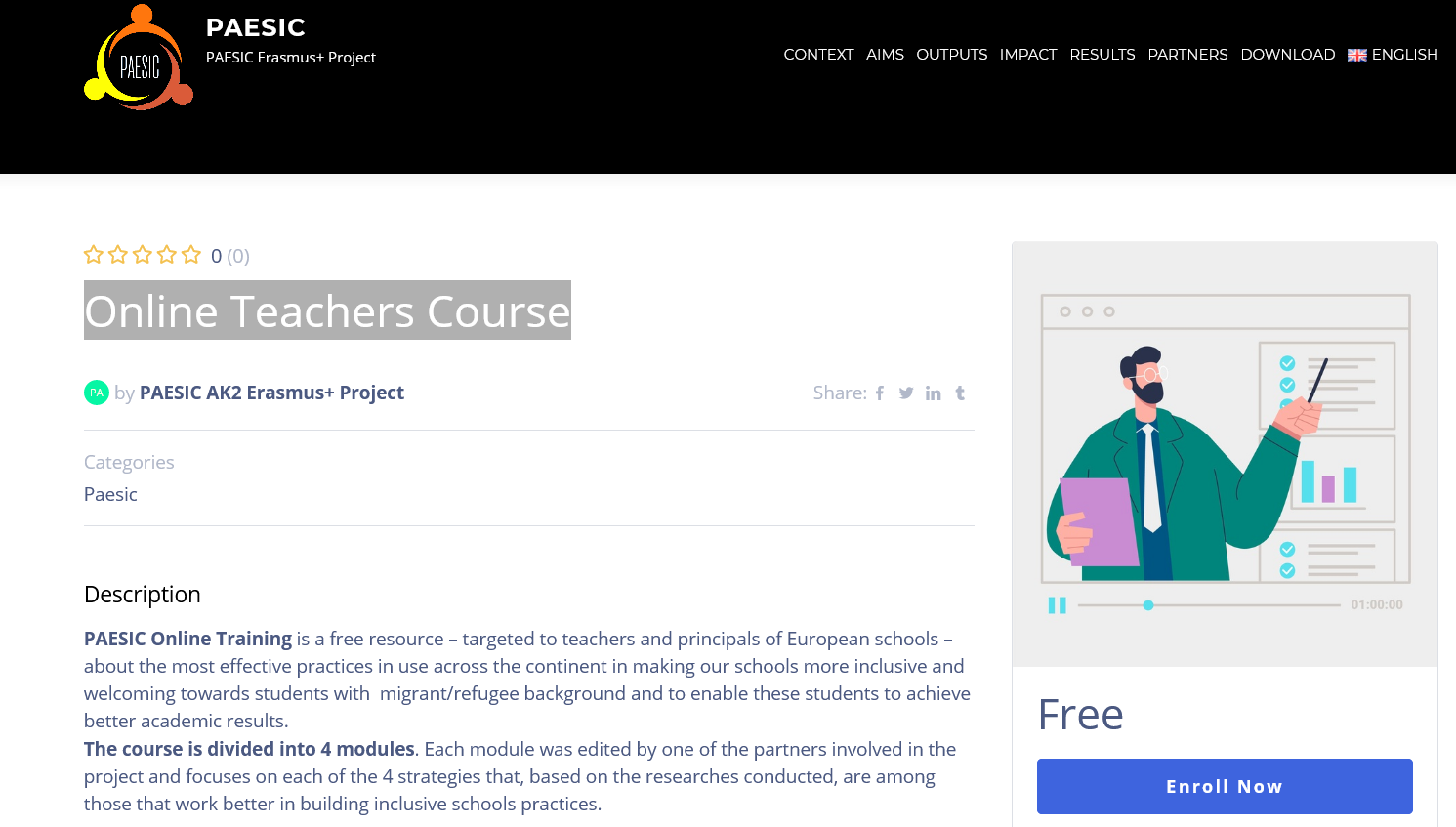
European countries are increasingly becoming more diverse. We currently see an increase in students with migrant and refugee backgrounds in European school systems. This is creating obstacles but also opportunities within educational instutions across the continent. In this project we will reach out and support teachers particularly educators working with youth with immigrant and refugee backgrounds- in fostering mutual understanding and respect in the classroom.
In fostering enhanced social inclusion, mutual understanding and respect among young people in the classroom, and providing real, concrete skills and training for those educators on the front lines of the influx of new faces and cultures, we know we are helping to build a more cohesive European society, with an enhanced socially inclusive climate.
This project will provide trainings and promote social cohesion and the competencies of teachers in enhancing social inclusion. We will find solutions in existing experiences and explore cutting edge methodologies and approaches.
With partner countries in Denmark, Germany, Greece and Italy, we aim to:
a. increase abilities in the area of pedagogical approaches and methodologies to promote social inclusion in the classroom
b. promote the exchange of good practices in enhancing the inclusion of all students, especially those with migrant and refugee backgrounds
b. create options for more inclusive classrooms and schools
In this project we will develop four Intellectual Outputs of different types (Reports, Guides, DVDs, Internet Platform), on which the entire partnership will work for a period of twent-four months.
Importantly, there will also be the realisation of:
– five Transnational Project Meetings to control the activities developed and to plan new ones
– four Multiplier Events in which all the outcomes will be exploited
– a dissemination campaign to be realised at a wider level to share all the tools created
The project will be based on an effective analysis of existing situation and necessities coming from the target groups sectors (primary school teachers and school leaders working with them).







